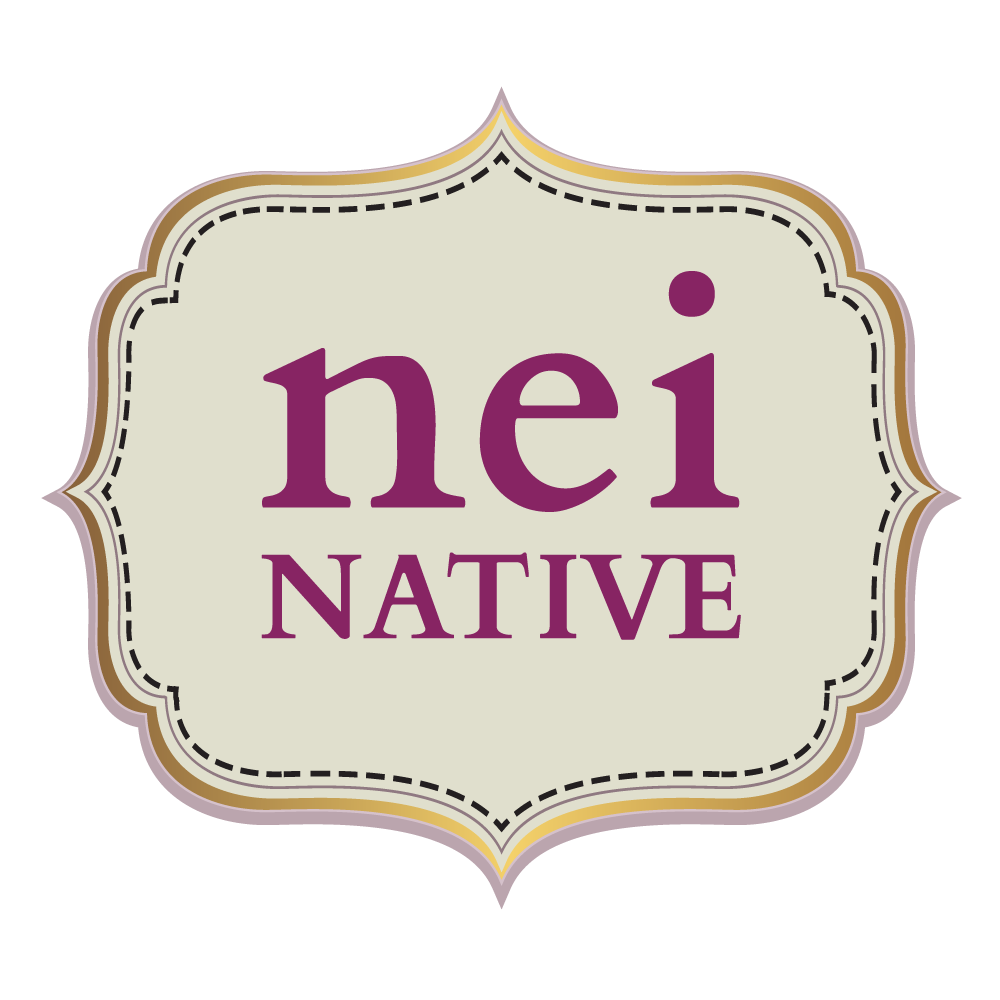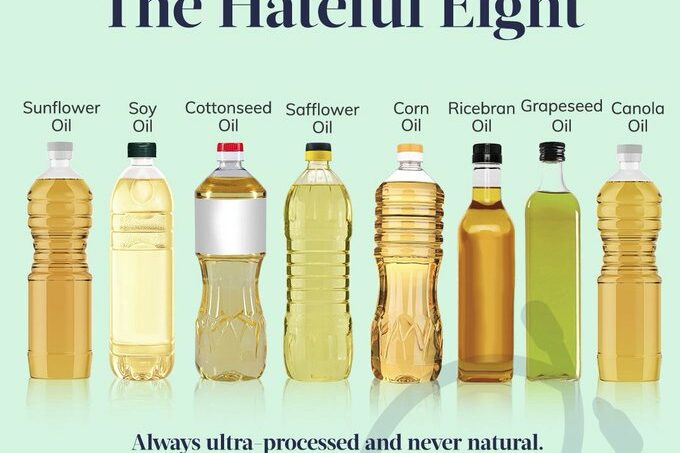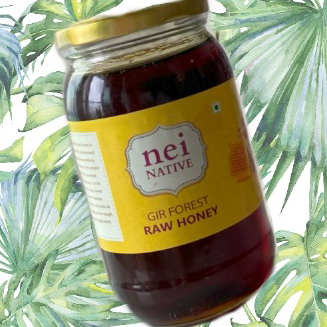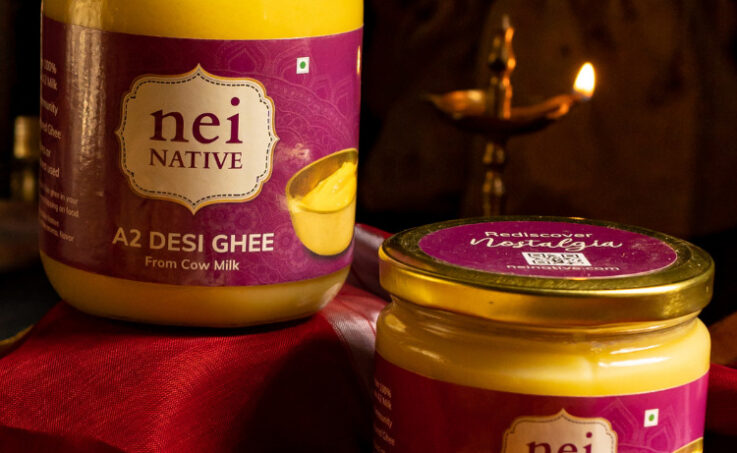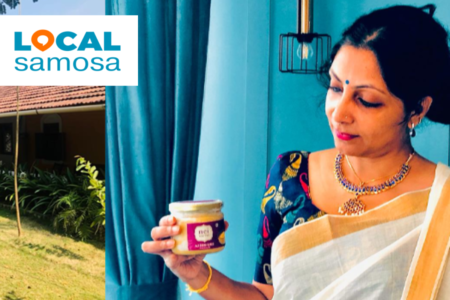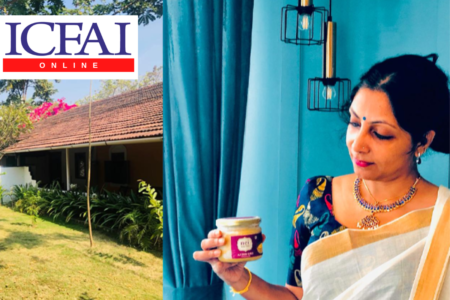Dr. Simon Goddek’s words on Processed Vegetable Oil
Today, I am going to red-pill you about vegetable oils. Make sure you bookmark and share this post:
1. Unnatural Extraction Process: Unlike coconut or olive oil, which can be extracted through pressing, seed oils like canola, soybean, and corn oil require unnatural methods for extraction. They undergo processes involving high heat and chemical solvents like petroleum, leading to oxidation and the formation of trans fats even before they reach your kitchen.
2. A Modern Dietary Addition: Industrial seed oils are a recent addition to our diet, exploding in consumption from virtually zero in the early 1900s to 70 lbs per year per person today. This dramatic increase corresponds with a surge in chronic health issues, suggesting a link between seed oil consumption and modern diseases.
3. Omega-6 and Inflammation: Vegetable oils are high in Omega-6 fatty acids, especially linoleic acid, which is a precursor to pro-inflammatory eicosanoids. These molecules can cause chronic inflammation and contribute to autoimmune diseases. The excessive consumption of Omega-6, without the balance of Omega-3, exacerbates these health issues.
4. Oxidative Stress and Cancer: Studies have shown that diets high in vegetable oils, particularly linoleic acid, lead to oxidative stress, mitochondrial dysfunction, and genetic damage. These factors are instrumental in promoting cancer, with some studies revealing a fourfold increase in metastasis in diets high in these oils.
5. Increased Mortality Rate: Over a seven-year study, groups consuming high amounts of vegetable oil had a 62% greater all-cause mortality rate compared to those with lower consumption. This risk increase is more significant than that associated with heavy smoking or obesity.
6. Heart Disease Risk: The Minnesota Coronary Experiment found that participants who increased their intake of corn oil and margarine had an 86% higher incidence of heart attacks. Despite lower cholesterol levels, the vegetable oil group had a significantly higher mortality rate from heart attacks.
7. Cardiovascular Deaths: The MARGARIN Study revealed that the group consuming margarine high in linoleic acid from vegetable oils had a 700% higher rate of strokes, heart attacks, and cardiovascular deaths compared to a group consuming Omega-3-rich fish oil. This stark difference underscores the health risks of high vegetable oil consumption.
Remember, the key to a healthier life is understanding what you’re putting into your body. Rethink your oil choices and opt for natural, minimally processed fats.
Cheers,
Simon (@goddeketal)
Ref:
Unveiling the Sweet Truth: Testing Honey for Additives at Home
Introduction:
In recent times, concerns about the purity of honey have grown, prompting individuals to seek ways to ensure the authenticity of this golden nectar. Testing honey for additives at home has become a popular method for consumers who want to be certain about the quality of the honey they consume. In this blog post, we’ll explore why honey might be adulterated, common additives to look out for, and practical methods to test honey in the comfort of your own home.
Why Test Honey for Additives?
Honey, a natural sweetener produced by bees, is sometimes subject to adulteration for economic gain. Adulteration may involve the addition of syrups, sugars, or other substances to increase volume or alter the taste. Testing honey at home provides consumers with a simple yet effective way to verify its authenticity and quality.
Common Additives to Watch Out For:
1. **Sugars and Syrups:** Some unscrupulous producers may add cane sugar or corn syrup to honey to increase its volume and sweetness.
2. **Water:** Diluting honey with water is another method used to stretch the quantity, reducing production costs.
3. **Artificial Flavors and Aromas:** To enhance the taste, aroma, or color of honey, artificial flavors and aromas might be added.
Methods to Test Honey at Home:
1. **Water Dissolution Test:**
– Place a tablespoon of honey in a glass of water.
– Pure honey will settle at the bottom, while adulterated honey may dissolve or form cloudy patches.
2. **Thumb Test:**
– Rub a small amount of honey between your thumb and forefinger.
– Pure honey is sticky and will remain on your fingers, while impure honey may feel slippery.
3. **Paper Towel Test:**
– Place a drop of honey on a paper towel.
– Pure honey will not be absorbed, while diluted honey may be absorbed quickly.
4. **Flame Test:**
– Dip the tip of a matchstick in honey and strike it against the matchbox.
– Pure honey is flammable, and the flame will burn the honey-soaked match like a candle.
5. **Vinegar Test:**
– Mix a teaspoon of honey with a tablespoon of vinegar.
– If you see foaming, there may be added chalk or gypsum.
Conclusion:
Testing honey for additives at home empowers consumers to make informed choices about the quality of the honey they purchase. By utilizing simple tests, one can distinguish between pure honey and potentially adulterated products. As consumers become more vigilant, the demand for transparency in honey production may encourage responsible practices in the industry, ensuring that the sweet taste of honey remains untainted.
Unveiling the Nutritional Marvel: Nei Native A2 Cow Ghee
Introduction:
Nei Native A2 Cow Ghee has been gaining popularity as a nutritional powerhouse with a rich heritage. Derived from the milk of indigenous A2 cows, this golden elixir has a myriad of benefits that go beyond its delicious taste. In this blog post, we will explore the numerous advantages of incorporating Nei Native A2 Cow Ghee into your daily diet.
1. **Nutrient-Rich Composition:**
Nei Native A2 Cow Ghee is a concentrated source of essential nutrients. Packed with vitamins A, D, E, and K, it contributes to overall well-being and supports various bodily functions, including vision, bone health, and immunity.
2. **Heart Health:**
Contrary to common misconceptions, A2 Cow Ghee can be beneficial for heart health. It contains a balanced ratio of omega-3 to omega-6 fatty acids, promoting a healthy heart by reducing bad cholesterol levels.
3. **Rich in Antioxidants:**
A2 Cow Ghee is known for its antioxidant properties, helping to combat oxidative stress in the body. Antioxidants play a crucial role in preventing cell damage and reducing inflammation.
4. **Supports Digestive Health:**
Ghee has been traditionally used to aid digestion. Nei Native A2 Cow Ghee, being rich in butyric acid, helps maintain a healthy digestive tract by nourishing the intestinal lining and promoting beneficial gut bacteria.
5. **Lactose-Free Alternative:**
Unlike butter, A2 Cow Ghee is virtually free of lactose and casein, making it a suitable option for individuals who are lactose intolerant. It provides the rich taste of butter without the potential digestive issues associated with dairy.
6. **Boosts Metabolism:**
The medium-chain fatty acids present in A2 Cow Ghee can boost metabolism and aid in weight management. Including it in a balanced diet may contribute to better energy utilization and fat metabolism.
7. **Cognitive Benefits:**
The fat-soluble vitamins in A2 Cow Ghee are crucial for brain health. Regular consumption may support cognitive functions and contribute to improved memory and focus.
8. **Traditional Ayurvedic Wisdom:**
Nei Native A2 Cow Ghee has a strong foundation in Ayurveda, the ancient Indian system of medicine. Ayurvedic practitioners have long hailed ghee for its therapeutic properties, using it in various formulations to enhance the efficacy of herbal remedies.
Conclusion:
Incorporating Nei Native A2 Cow Ghee into your diet can be a wise choice for those seeking a nutritious and versatile cooking ingredient. From supporting heart health to promoting digestion and offering a host of essential nutrients, the benefits of A2 Cow Ghee align with a holistic approach to well-being. Embrace this traditional elixir, and let its nutritional goodness enrich your daily life.
Nitya Ganapathy’s Post
It was a pleasure and privilege speaking with Dr Nagendra Chowdhry at the TimesPro Leadership Levers Lecture Series last year! Since then, Nei Native has seen immense growth of not just new consumers and high repeat purchase with the addition of other handcrafted products / kitchen essentials to their carts but also in terms of strategic partnerships and collaborations. Arguably the finest, our A2 Bilona Ghee with the unparalleled nostalgia it evokes is our luxury flagship superfood. Sharing the link albeit many months late 🙂 A one hour discussion where we covered category creation, entrepreneurial pillars, innovation, differentiation, challenges and effective use of classical marketing as a core strategy in order to build Nei Native into a Traditional Superfoods D2C brand to reckon with.
For more info click here
Neinative A2 Ghee in Filmfare Hamper
Hamper for the Wolf777 News Filmfare Awards 2022 by Izzhaar with amazing goodies from Nei Native, Dorje tea and Sexybeast.
Crafting Delicious handcrafted hampers – Bombay Times
Deepti Gujral, Nitya Ganapathy and Candice Pinto with Neinative handcrafted hamper for Bombay Times.
Nei Native, a brand by a mother-daughter duo is producing homemade ghee at a farm in Palghar!
Using a family farm in Palghar, Maharashtra, Nitya Ganapathy, through her venture, Nei Native, provides homemade ghee produced with the traditional method.
Mumbai Woman Launches Ghee Brand With Mom’s Recipes; Earns ₹10 Lakhs A Month
Nitya Ganapathy and her mother, 68-year-old Jayalakshmi Ganapathy decided to introduce India to ‘nei’, homemade ghee prepared using the traditional bilona method. Today, the Mumbai residents’ ghee brand, Nei Native has become an instant success with the duo earning ₹10 lakhs per month.
Entrepreneurial Potential in Traditional Indian Foods: Case of Nei Native-Ms Nitya Ganapathy
WiseViews Leadership Conversations – Webinar on “Entrepreneurial Potential in Traditional Indian Foods: The Case of Nei Native” by Ms. Nitya Ganapathy, Founder & CEO, NEI Native.
This woman entrepreneur used her mom’s traditional receipes to launch a Ghee Brand
Often referred to as liquid gold, ghee has anti-inflammatory properties, aids in digestion, and proves to be a great immunity booster. With an intent to revive the old method of preparing ghee, Nitya Ganapathy launched Nei Native in 2021.
